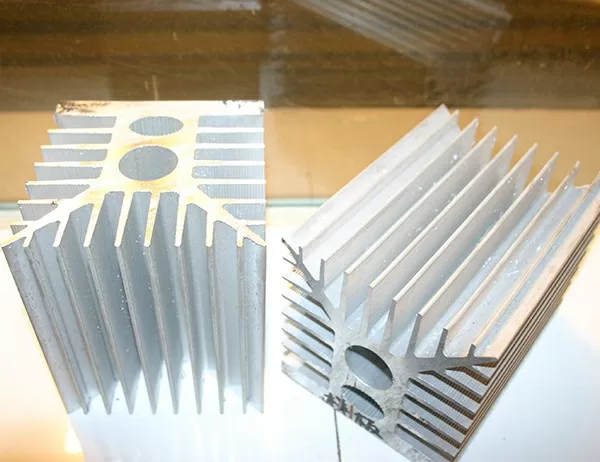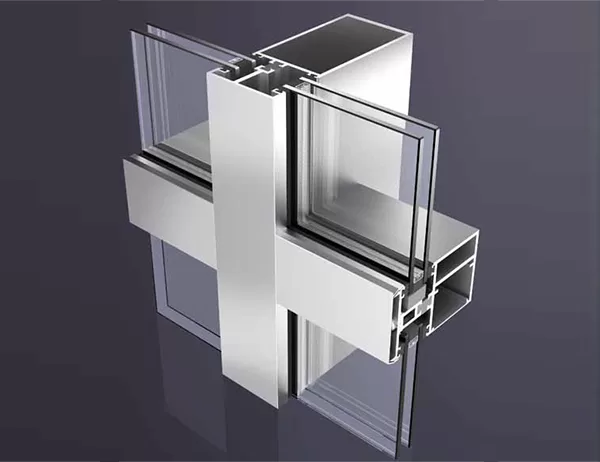How to Choose the Right Extruded Aluminum Pipe for Your Project: A Guide to Unlocking Versatility and Performance
When embarking on a project that demands strength, durability, and versatility, selecting the right extruded aluminum pipe is paramount. This intricate component plays a pivotal role in countless industries, from aerospace and automotive to construction and consumer electronics. Understanding its intricacies will empower you to make informed decisions that optimize performance and longevity.
1. Grade and Alloy: The Foundation of Strength and Durability
The grade of extruded aluminum pipe signifies its alloy composition, dictating its mechanical properties. For instance, 6061 and 6063 alloys offer excellent strength-to-weight ratios, corrosion resistance, and weldability, making them ideal for structural applications.
2. Temper: Shaping the Material for Specific Applications
Temper refers to the heat treatment process applied to an extruded aluminum pipe, influencing its hardness, strength, and flexibility. Common tempers include T4, T6, and T8, each tailored to suit particular project requirements. For example, T6 temper provides high strength but may be more susceptible to bending or twisting.
3. Dimensions: Finding the Perfect Fit
Pipe dimensions encompass its outer diameter (OD) and wall thickness. Choosing the appropriate OD ensures compatibility with other components in your system, while wall thickness determines the pipe’s load-bearing capacity.
4. Surface Finish: Enhancing Aesthetics and Functionality
Surface finish options range from natural (as-extruded) to anodized and painted. Anodized finishes provide enhanced corrosion resistance and aesthetics, while painted finishes offer customizable color options and additional protection.
5. Extruded Shape: Tailored to Specific Needs
Extruded aluminum pipes can be engineered into various shapes besides circular ones. Examples include square, rectangular, and hexagonal profiles, which offer specific advantages such as better space utilization or improved structural rigidity.
6. Quality Certification: Assuring Peace of Mind
Look for extruded aluminum pipes that meet industry standards and have certifications such as ISO 9001 or ASTM B221. These certifications provide assurance of the pipe’s quality and adherence to specified tolerances.
By considering these key factors, you can select the extruded aluminum pipe that aligns precisely with your project requirements, ensuring optimal performance and durability. Its versatility and ease of customization make it an invaluable asset for engineers, architects, and manufacturers alike.




